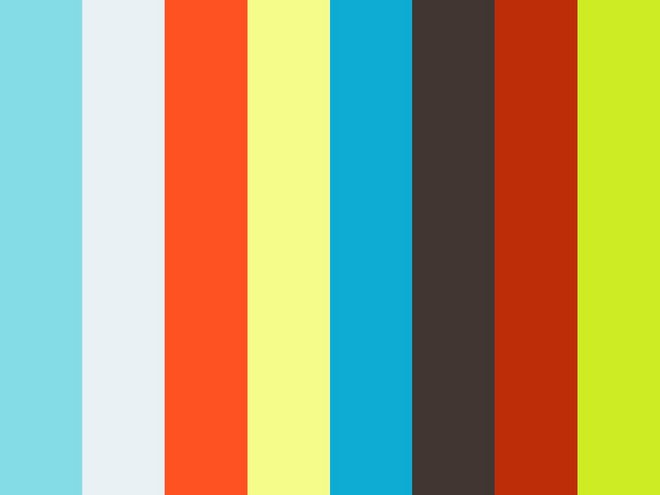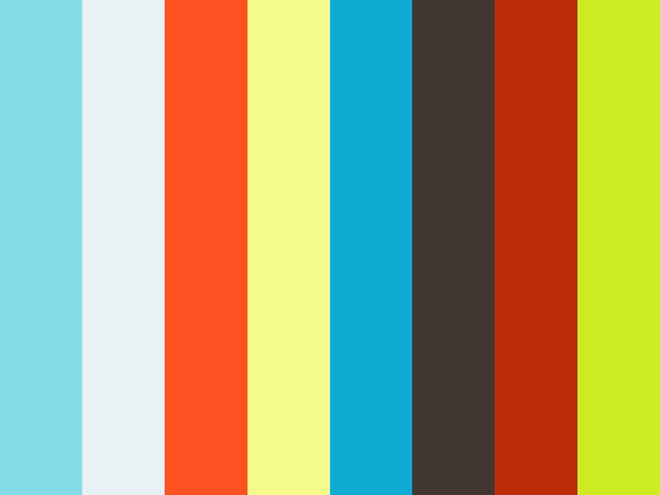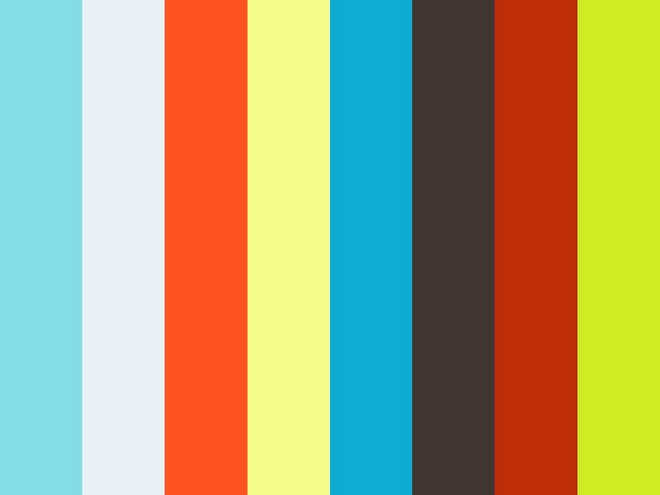Produktdesign
Product designers work in areas that are just as diverse as the world of things that surrounds us. They design products by hand, in series and increasingly in mixed forms, thanks to the digitalisation of design, planning and production.
In our project-oriented study programme, products and systems are conceived and designed to meet current needs and probe ever-growing possibilities. Our teaching centres on the individual or team-base exploration of open research topics. Students learn design through concrete, experimental and speculative projects by designing and developing independently or together.
This degree programme is taught by the following professors:
Study product design at the Bauhaus-Universität Weimar

Produktdesign studieren an der Bauhaus-Universität Weimar
Click the Play button to load and view external content from Vimeo.com.
Automatically load and view external content from Vimeo.com (You can change this setting at any time via our »Data protection policy«.)
Design fluently combines idea and design, theory and practice, material and production, analogue and digital, experiment and product.
The professorships in the Product Design degree programme offer new project topics each semester, for example in industrial and craft design, social interaction, digital design and manufacturing, transformation, circular and future-oriented design, strategy and branding. These projects are often interfaculty, interdisciplinary and are developed in collaboration with external stakeholders and interest groups. Students can also develop their own project topics in a free project format.
Excellently equipped workshops for wood, metal, plastics and ceramics, the infrastructure for digital production and the cross-year project study programme create a motivating community in which students strengthen and support each other
The degree programme Product Design offers the following courses:
The workshops of the Faculty of Art and Design

Die Werkstätten der Fakultät Kunst und Gestaltung
Click the Play button to load and view external content from Vimeo.com.
Automatically load and view external content from Vimeo.com (You can change this setting at any time via our »Data protection policy«.)
Product design: insights into the 2018 aptitude tests

Produktdesign: Einblicke in die Eignungsprüfung 2018
Click the Play button to load and view external content from Vimeo.com.
Automatically load and view external content from Vimeo.com (You can change this setting at any time via our »Data protection policy«.)








